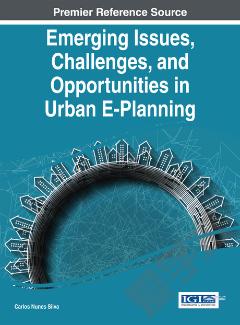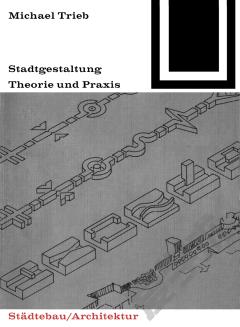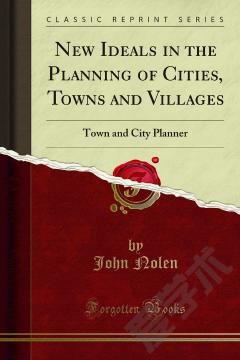Urban Planning: Practices, Challenges and Benefits
Recent research has demonstrated how gentrification and urban redevelopment can serve to promote and exacerbate socio-spatial stigmatization directed at marginalized, socially vulnerably urban populations, a problem that is rendered particularly acute in the case of what has been termed the contested space of addiction treatment. This book discusses how methadone maintenance treatments and the gentrification battleground affect place promotion, spatial purification and the spectre of addication and treatments. It also discusses urban planning for cougar presence in North America; urban planning and landscapes; the practices, challenges and benefits urban planning has for immigrants; the post-Olympic games' spatial socio-economic vulnerability; urban low-income housing developments in Ghana; noise in an urban setting; public participation in urban planning; urban sustainability assessment systems; and changing patterns of internal migration in Venezuela.
{{comment.content}}








 京公网安备 11010802027623号
京公网安备 11010802027623号